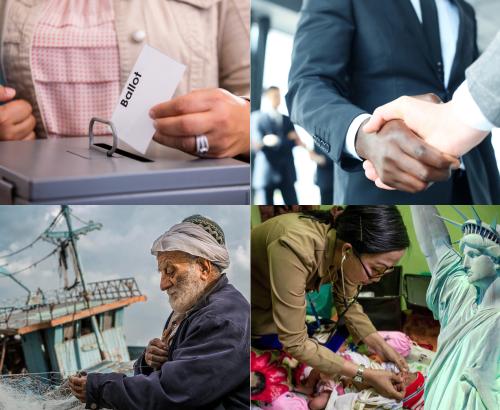

Past Event
Traditional U.S. leadership on global development is under challenge. All administrations since World War II have valued U.S. economic assistance as an instrument for peace, prosperity, and human betterment. Global development is one issue on which there has been a bipartisan consensus, as evidenced by the last Congress enacting eight bills on economic assistance. The legacy and sustainability of these programs are now in doubt. President Donald Trump’s fiscal year 2018 budget proposal would cut the International Affairs Budget by 29 percent and significant organizational restructuring is under consideration. In a world where development dollars are called upon to manage famines, refugees, counter-terrorism, and fragile states, along with traditional development concerns such as health, education, infrastructure, governance, and democracy, such budget cuts could have a draconian impact.
From August 2-4, the Global Economy and Development Program at Brookings will host the 14th annual Brookings Blum Roundtable, “U.S. Foreign Assistance Under Challenge,” to discuss these issues. It will focus on the challenges presented by the proposed fiscal year 2018 budget and organizational restructuring, along with the intransigency of bringing stability and economic growth to fragile states. Consideration will be given to bilateral and multilateral approaches and working collaboratively with private philanthropy and the private sector. It will consider opportunities to advance and revisit important initiatives and reforms of the past two decades.
The discussion will be guided by three overarching goals: (1) to assess areas of development assistance that are most vulnerable; (2) to discuss whether reforms or other funding sources could mitigate the risks; and (3) to identify policy and advocacy opportunities to minimize damage from budget cuts and strengthen U.S. economic development assets.
Related Content

July 31, 2017
9:00 am - 10:30 am
Recent administrations have deployed economic assistance in important and diverse ways. U.S. foreign economic and development policies are used to advance three core national interests—keeping America safe, growing American and global prosperity, and representing American values. Should the current balance between the three objectives be altered to reflect a changing world? Should the U.S. continue to exercise leadership on global development issues, and if so, how?
Panelist
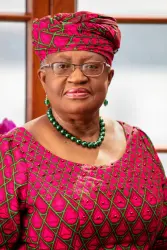
10:50 am - 12:20 pm
The administration’s budget not only calls for extreme budget cuts to international affairs, but also proposes to eliminate entire programs such as the development assistance account and climate change policies. It would substantially reduce funding for other programs, including U.N. peacekeeping. In what areas would budget cuts be most problematic for U.S. national interests? In what areas would budget cuts be feasible, or even beneficial? Are there alternative modes of financing that would mitigate the impact of budget cuts, such as moving from grants and subsidies to guarantees and loans?
Moderator
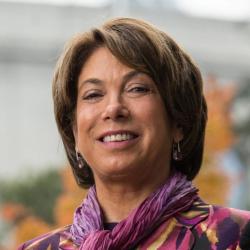
Panelist
9:00 am - 10:30 am
All agencies must send an agency reorganization plan to the Office of Management and Budget in September that streamlines operations and reduces staffing. The administration is reported to be considering the merger of USAID into the State Department, and abolishing OPIC, USTDA, and USIP. Alternative proposals include consolidating economic assistance programs into a single development agency and creating a development finance bank. What are the pros and cons of merging the State Department and USAID? Are there structural changes that would make economic assistance programs more effective and coherent? What are the principles and objectives that should guide bureaucratic restructuring?
Moderator
Panelist
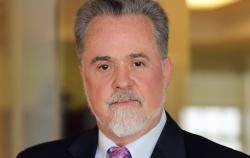
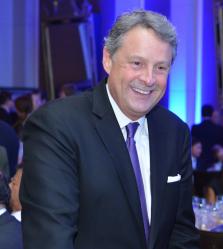
10:50 am - 12:20 pm
Security and development interests intersect in fragile states. Neither can be achieved without the other. It is estimated that by 2030, 80 percent of extreme global poverty will be in fragile states, from just 20 percent in 2005. How can we identify and address the root causes of fragility and sustain engagement over the long-term? Can we respect local ownership and local institutions when they are weak? If development, diplomacy, and defense each bring assets to the task, how can we break down silos and create a whole-of-government approach?
Moderator
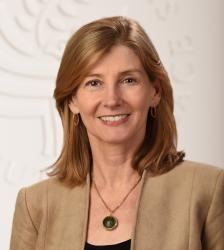
Panelist
9:00 am - 10:30 am
The United States was an organizer and charter member of many multilateral organizations, but now appears to be stepping back from its leadership role. The multilateral system is showing signs of stress. Are multilateral approaches and solutions relevant to current challenges? Is U.S. leadership of the existing multilateral development system needed, and is it important for U.S. national interests? How can the U.S. best advance multilateral reform to improve effectiveness?
Panelist
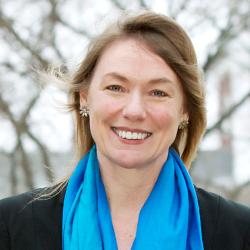

10:50 am - 12:20 pm
Traditional U.S. global development leadership is challenged by the policies of an administration with an America First and a hard-power agenda. Public opinion is also divided on how large a role the U.S. should take abroad and if aid can be effective in solving complex global problems. What steps can be taken to ensure that budget and structural outcomes effectively advance U.S. development interests? What should an effective policy and communication strategy look like? What coalitions are needed?
Panelist


Elaine Kamarck
January 23, 2026

George Ingram
January 12, 2026

George Ingram
November 5, 2025